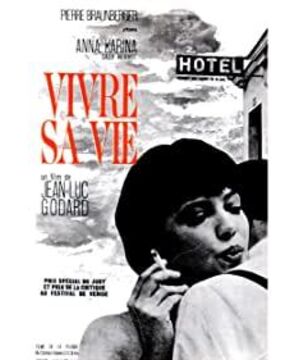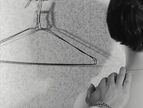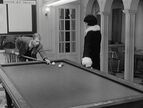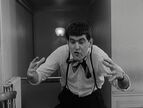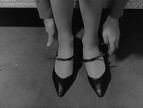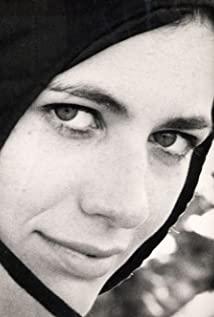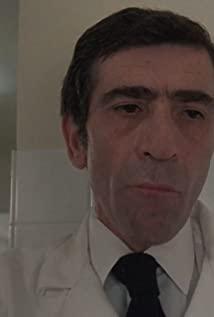2. The formal discussion has reached a new level , almost to the point of congestion, prose, documentary, subversive shooting angles, backlighting, direct sound effects, textual involvement, author intervention...
3, Persos - Joan of Arc - Nana, thinking: step - Thinking: Divine Revelation - Thinking: The meaning of Joan of Arc, and the three endings are the same;
4. The long shadow in front of the camera - the prototype of the strategy that forces the audience to reflect on their own viewing position; ("Godard: Image, Sound and Politics")
5 , Chapter 11, Chapter 11, Chapter 11, Problems of Language and Communication, a forcibly inserted argumentative essay, important but just enough to spoil the film, forming a paradox about "mistakes";
6, need to read Su Shan Sontag's review of the film in "Against Interpretation."
View more about Vivre Sa Vie reviews


